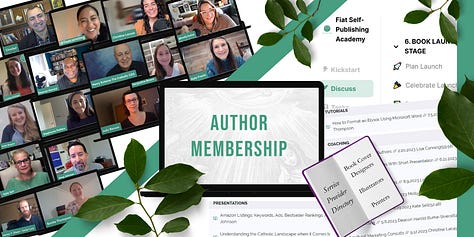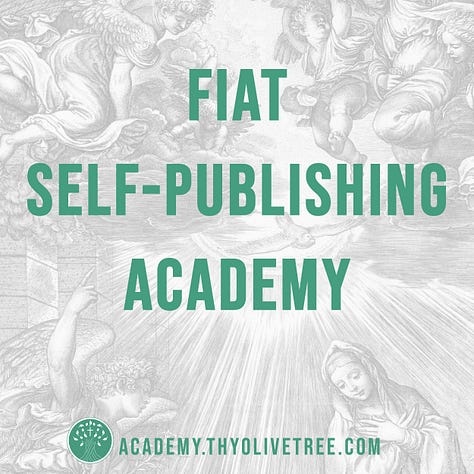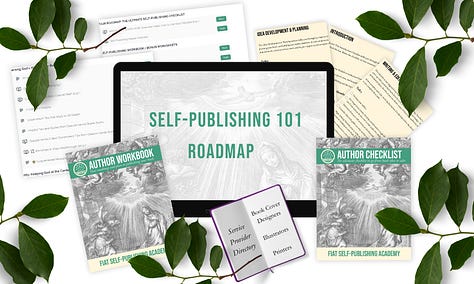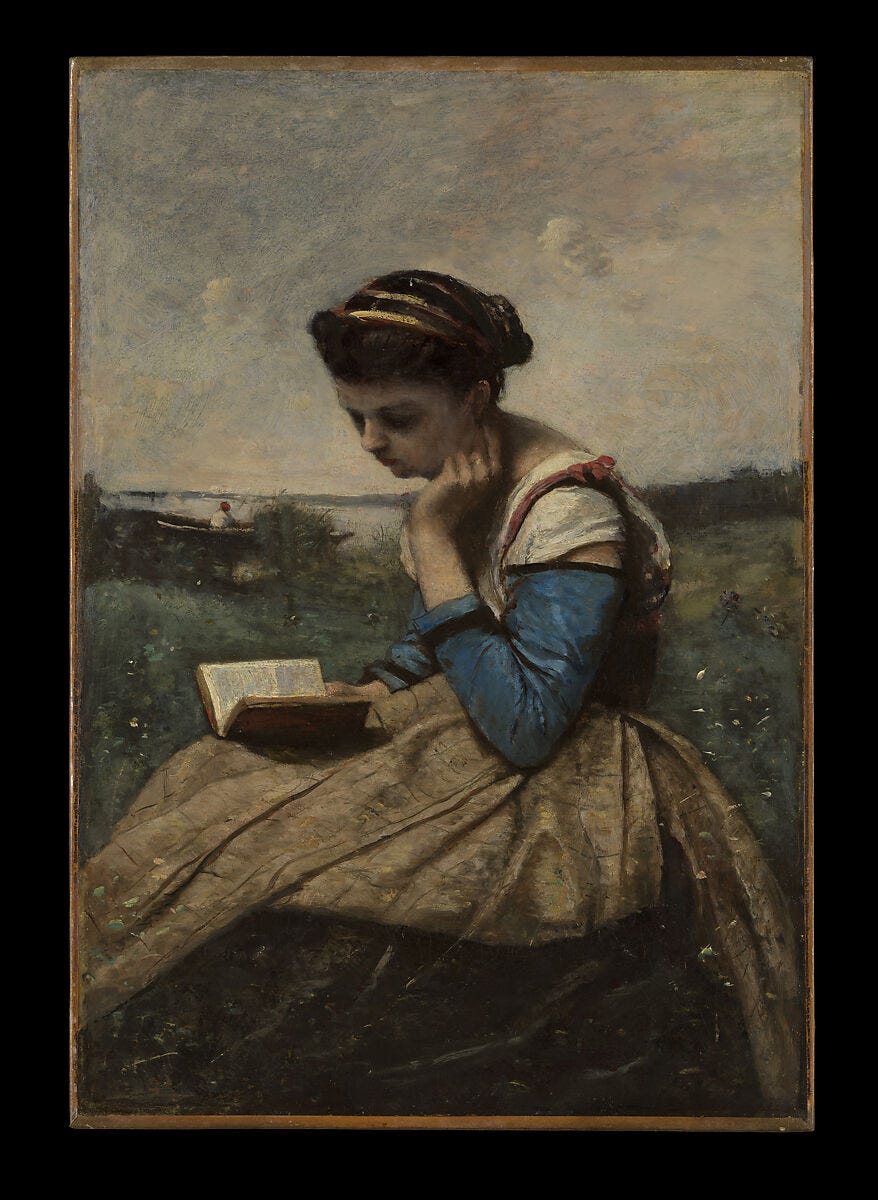Writing with the Reader in Mind
Remember your reader.
This might seem obvious: Write with the reader in mind. Not just any reader but your specific reader—the person receiving your ideas. Anytime we write, we begin a relationship with our reader. In this relationship, we also assume a lot about our reader. It’s a unique position to be in because it requires us to keep at the forefront of our minds the mind and soul of the person we serve through our words.
In this way, writing is both an art as well as a craft. There are particular elements of style that we learn as writers to help us reach our readers. But the idea of writing as an art only comes when we embrace the idea of writing as a generous relationship, one built on hospitality and the economy of the gift.
Hospitality is a way of receiving our guests. We often think of writing as a gift of ourselves, but we miss the opportunity to shepherd our guests into our love and care. Consider the first gesture of the host—receiving the coat of the guest. The act itself invites the guest to stay and that warmth will be provided. The coat is no longer needed because the guest is now ushered into a place of rest. All the work will be done in service of the guest. That’s the job of your first sentence. It can either engage your reader or leave them feeling cold and confused.
The craft of writing elevates this sense of hospitality by resisting jargon and digressions—elements that put a barrier between ourselves and our reader.
In high school and college, we train our capacity for abstract thinking, and an abstract writing style is often privileged. (Of course, there are certain times when abstract ideas are required.) But in some sense, we lose that concrete awareness we had as a child that helps our writing resonate for the reader: If there’s an absence of real, concrete things, how does the reader find a way to connect to the writing?
C.S. Lewis, a masterful writer and teacher of the writing craft, advises, “Always write (and read) with the ear, not the eye. You should hear every sentence you write as if it was being read aloud or spoken. If it does not sound nice, try again.” I now read everything I write aloud.
These are not groundbreaking pieces of advice, but they do push against our formal training in writing styles that conform to academic writing, which is often abstract. Lewis notices that when writers begin research, they “lose all desire, and presently all power of, of writing clear, sharp, and unambiguous English. Hold onto your finite transitive verb, your concrete nouns, and the muscles of language (but, though, for, because etc.). The more abstract the subject the more our language sh[oul]d avoid all unnecessary abstraction.” So let’s stretch those muscles by grasping for the particular to power our ideas.
To Ponder
Is writing meant to be hospitable or should it do something else (or more), like provoke or teach?
What I’ve been up to
I joined Marcus Peter on Kresta in the Afternoon (Ave Maria radio/EWTN) to discuss my piece for Public Discourse on seeking moral vision in a digital age. You can listen to my segment here.
This month at Fiat Self-Publish Academy I am doing book blurb critiques. If you have a book on your heart you want to bring to life, come see the community and resources that Kate has created:



Thanks for subscribing to A Holy Wonder. If you’ve enjoyed the newsletter or something in it resonated with you, I invite you to share it with others.
This newsletter contains affiliate links.



